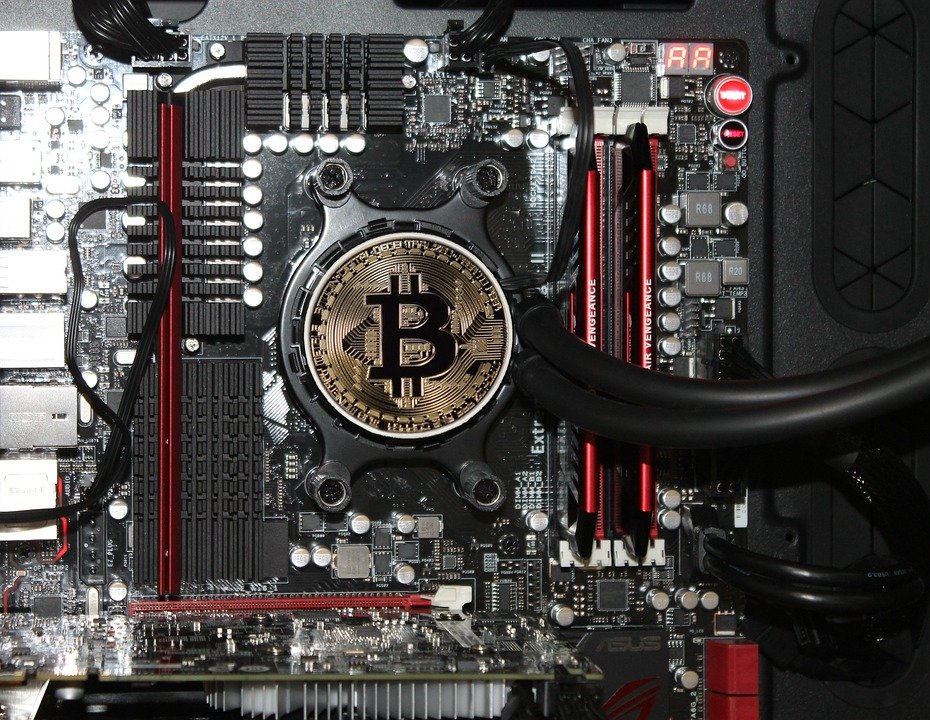Decentralization: The Key to Resilient and Transparent Systems
In today’s increasingly interconnected world, the need for resilient and transparent systems has never been more important. From financial systems to governance structures, the ability to withstand shocks and maintain trust is crucial for the stability and prosperity of society. One way to achieve this is through decentralization.
Decentralization refers to the distribution of power and authority away from a central authority to multiple entities or nodes. This can take many forms, from decentralized organizations that operate without a single leader, to decentralized networks that rely on multiple participants to verify and record transactions.
One of the key benefits of decentralization is its ability to increase resilience in the face of disruptions. In a centralized system, a single point of failure can have catastrophic consequences. For example, if a central server goes down, the entire network may be unable to function. In a decentralized system, however, no single point of failure exists. Nodes can continue to operate independently, ensuring that the system as a whole remains functional even in the face of adversity.
Furthermore, decentralization can also increase transparency and accountability. In a centralized system, decision-making is often opaque and concentrated in the hands of a few individuals. This can lead to corruption, favoritism, and lack of trust. In contrast, decentralization allows for decision-making to be distributed among multiple participants, making it more difficult for any one entity to manipulate the system for their own gain.
For example, blockchain technology, which underpins cryptocurrencies like Bitcoin, is a decentralized system that offers a high level of transparency and security. Transactions are recorded on a public ledger that is accessible to all participants, making it difficult for any one entity to alter or manipulate the data.
Decentralization also promotes innovation and diversity. By allowing for multiple nodes to operate independently, decentralization encourages experimentation and the development of new ideas. This can lead to greater efficiency, adaptability, and creativity in the system as a whole.
However, decentralization is not without its challenges. It can be more difficult to coordinate and make decisions in a decentralized system, and governance structures may need to be rethought to ensure effective leadership and accountability. Additionally, decentralization can also make systems more vulnerable to attacks and manipulation, as there may be more points of entry for malicious actors.
In conclusion, decentralization is a powerful tool for creating resilient and transparent systems. By distributing power and authority among multiple entities, decentralization can help to mitigate risks, increase transparency, and foster innovation. As we continue to navigate an increasingly complex and interconnected world, embracing decentralization may be key to building systems that are able to withstand challenges and adapt to change.




